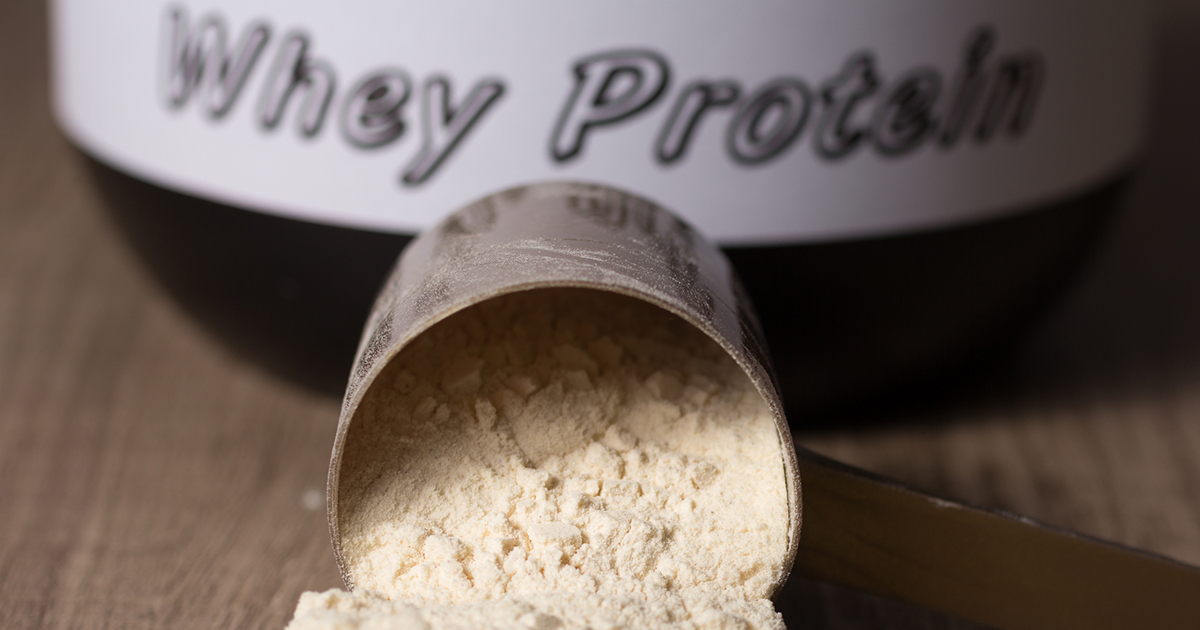Calcium Rich Foods That Aren't Milk
Milk has been branded in such a way that vast amounts of people drink it daily. Milk is such a staple in many households that individuals tend to assume that milk and calcium are synonymous. Due to its impact, many people assume that they can only receive the majority of their calcium from milk or other dairy products. Truthfully, many other fruits, vegetables, and other foods contain copious amounts of calcium. Ironically, you'll be able to find more calcium in certain foods than in milk. To have a well-balanced, highly nutritious diet, consider these options when you're looking to increase your calcium intake.
Leafy Greens

It's incredibly easy to incorporate green, leafy vegetables into your diet, plus, it's essential. There are numerous vitamins, minerals, and nutrients that are found within leafy greens like kale, spinach, bok choy, and broccoli. If you love eating a delicious omelet for breakfast, add some sauteed spinach to it for a little extra calcium. When the lunchtime hour rolls around, visit a local salad bar and indulge in some fresh greens, such as kale and lettuce in a tasty Caesar salad. For dinner, you can quickly steam bok choy and lightly season it with black pepper and garlic for flavor. If you're someone who thoroughly enjoys a good smoothie, make a green smoothie to start the day. It's the perfect way to sneak in greens such as spinach, along with other fruits and veggies. Leafy greens are well known for having a high concentration of calcium per cup, and you can easily have your daily intake of calcium with a single serving.
Tofu

If you're someone who is vegetarian or vegan, you're pretty familiar with this option. Every 100 grams of tofu contains 350 mg of calcium. A lot of people like to incorporate this calcium-rich ingredient in various ways. You can bake it, steam it or roast it. Truthfully, it will take on the flavor of whatever it's put in. So, it's important that you flavor your sauces and marinades exceptionally well. If you don't, this is a dish that can easily taste bland. For starters, you can eat it the same way you would scrambled eggs in the morning. Instead of using scrambled eggs, scramble the tofu. Add vegetable oil to a frying pan. Saute whatever vegetables you choose, such as mushrooms and peppers. Make sure to season them well. In a separate dish, break up the tofu and mix it along with seasonings such as garlic powder, pepper, and nutritional yeast flakes. Add a little bit of salt to taste. As you combine this mixture, add it to the pan and continue to stir. As you stir and saute the mixture, it will give the appearance of a crumble. You can easily eat this with a piece of toast, a side of waffles or fruit.
Canned Seafood

Tuna, mackerel, sardines, and salmon are a few of the easiest options to consider when you're choosing canned seafood. To give you an idea, every 100 grams of tuna contains 10 mg of calcium, and every 100 grams of sardines contains 382 mg of calcium! For instance, tuna fish sandwiches are incredibly easy to prepare. Add some low-fat mayonnaise to a dish. Add seasonings like paprika, parsley, and garlic. Mix in the tuna fish and you'll get a delicious spread that can be added to toasted bread. Add tomatoes, lettuce and other fixings for a delightful sandwich with a power-packed dose of calcium.
After a long day at work, you might not want to spend hours in the kitchen. However, you can enjoy a low-calorie meal that has the taste of a comfort dish. So, why not try a Mediterranean roasted mackerel dish. Add the canned mackerel to a blend of tomatoes, capers, olives and fresh herbs. Roast the blend in the oven. Every 100 grams of mackerel contains66 mg of calcium. Not only will you get the benefits of calcium but your taste buds will be satisfied too!
Seeds And Nuts

If you are a die-hard fan of cereal and milk in the morning, you won't have to give up cereal. Instead, substitute almond milk for cow's milk, as almond milk contains 61 mg of calcium for every 250 ml serving. If you like to eat oatmeal in the morning, consider using almond milk and top your breakfast with walnuts and fresh banana slices. Walnuts contain 98 mg of calcium for every 100-gram serving. You can also enjoy a handful of nuts as a snack in between lunch and dinner, as this is a great way to satisfy your appetite.
In addition to nuts, seeds contain a considerable amount of calcium as well. You can easily combine seeds and nuts in various meals for more calcium. Chia seeds are one of the greatest options to consider as they contain a whopping 631 mg of calcium for every 100-gram serving. If you only have three tablespoons of Chia seeds every day, you'll exceed the calcium that you would've consumed in a full glass of cow's milk. Chia seeds are one of the most nutrient-dense superfoods to consider. Add it to a glass of water to let the seeds swell. Add your Chia seed based water to a blender as the foundation for a nutritious smoothie. You can also easily add it to custard or yogurt for a nutrient-rich snack.
Whey Protein Powder

There are so many delightful ways to use protein powder to fuel your body and to provide you with your daily calcium intake. A creative way to prepare whey protein powder involves a breakfast comfort dish like pancakes. Add whey protein powder, water and bananas to a bowl. Mix the three ingredients well. Then, add cinnamon, nutmeg and vanilla extract to the mix. And voila! You have healthy and delicious pancakes! It's a yummy yet healthy way to get calcium before you start your day. You can also include a scoop of whey protein powder to a fruit smoothie as well. The amount of calcium in whey protein powder may vary by brand, but generally, one scoop of whey protein powder has 94 mg of calcium in it.
By adding more calcium to your diet, you'll begin to notice its various health benefits, such as increased energy and a better functioning digestive system. Ditch the milk, and give these foods a try for a change!